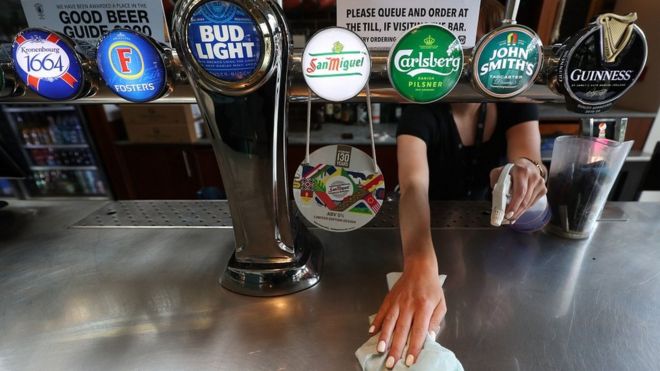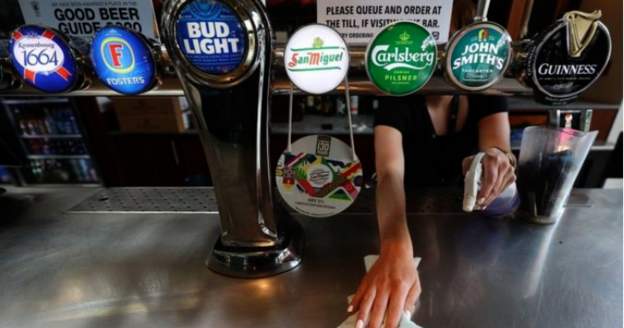 THE Executive has decided not to announce today a decision on whether to extend some Covid-19 restrictions.
THE Executive has decided not to announce today a decision on whether to extend some Covid-19 restrictions.
Ministers met this morning to discuss advice from health officials that recommends keeping the measures in place for two more weeks.
The measures, initially imposed on October 16, are due to end at midnight next Thursday, November 12.
Derry has been in a circuit breaker for over five weeks now since October 5.
Hospitality businesses have called for clarity as soon as possible.
A decision is now expected early next week.
First Minister Arlene Foster has told the Stormont briefing that coronavirus has “insidiously embedded itself throughout this province” over the last few months.
She said health staff across the North of Ireland, in hospitals, residential homes and other health care settings “are battling for every mum, dad, daughter, son brother and sister as if they were their own”.
With one week to go until current restrictions are due to expire, the first minister asks people in NI to “redouble their efforts”.
The virus’s impact on the economy has been enormous, she adds.
“We learned today that footfall in Belfast city centre over the most recent week has decreased by 37%, compared to the same period last year.
“Attendance at workplaces is down 44%”.
Mrs Foster says the Economy Minister Diane Dodds has advised the executive that the “short sharp intervention” will cost the local economy £400m.
The first minister says the executive has considered a range of scientific and medical evidence and says “it is clear over the last three weeks of restrictions your efforts have gained us important ground”.
The R number – a way of rating coronavirus or any disease’s ability to spread – in the North is now at 0.7 she says.
But she says there is “still more to do to ease pressure on our health service”.
Mrs Foster says the number of patients needing ICU care remains high and the number of older people contracting Covid-19 has been increasing.
Deputy First Minister Michelle O’Neill reminded the public of how small actions such as hand washing and social distancing are saving lives.
“If every single person follows the public health advice to the best of their ability we have a much better chance of getting on top of this virus,” she said.
“It will also help to alleviate the huge pressure facing our health service.”
“Capacity in our hospitals is overstretched. Our health workers are exhausted and they’re worn down both physically and emotionally,” Ms O’Neill said.
She said in the first wave of the pandemic people clapped for carers for doing their jobs “in the most challenging of circumstances but the situation is even more difficult this time around”.
“There are 409 people in hospital with Covid-19, more than any point during the first wave.
She said there are significant staff absences across the system with illness and self isolation and “also in the mouth of normal winter pressures”.
“This situation is simply not sustainable and health workers need more than our gratitude, they need our help,” Ms O’Neill said.
She said: “What happens next is up to us.”
She thanked the public and said the restrictions had been effective and the R number had fallen but added it will require “a sustained effort from each and every one of us and we simply can’t return to normal”.
Arlene Foster has told the briefing “positive change is coming” as work advances on track and trace systems, new Covid treatments and vaccine development.
“These will all feature in our ongoing approach as we seek to coexist alongside the virus,” she says.
In the meantime however, she has asked, the North of Ireland public “to do everything we can to protect lives and livelihoods”.
She adds: “We thank you for your patience and encourage your ongoing compliance with the measures in place as together we continue to battle this virus”.
Tags:





